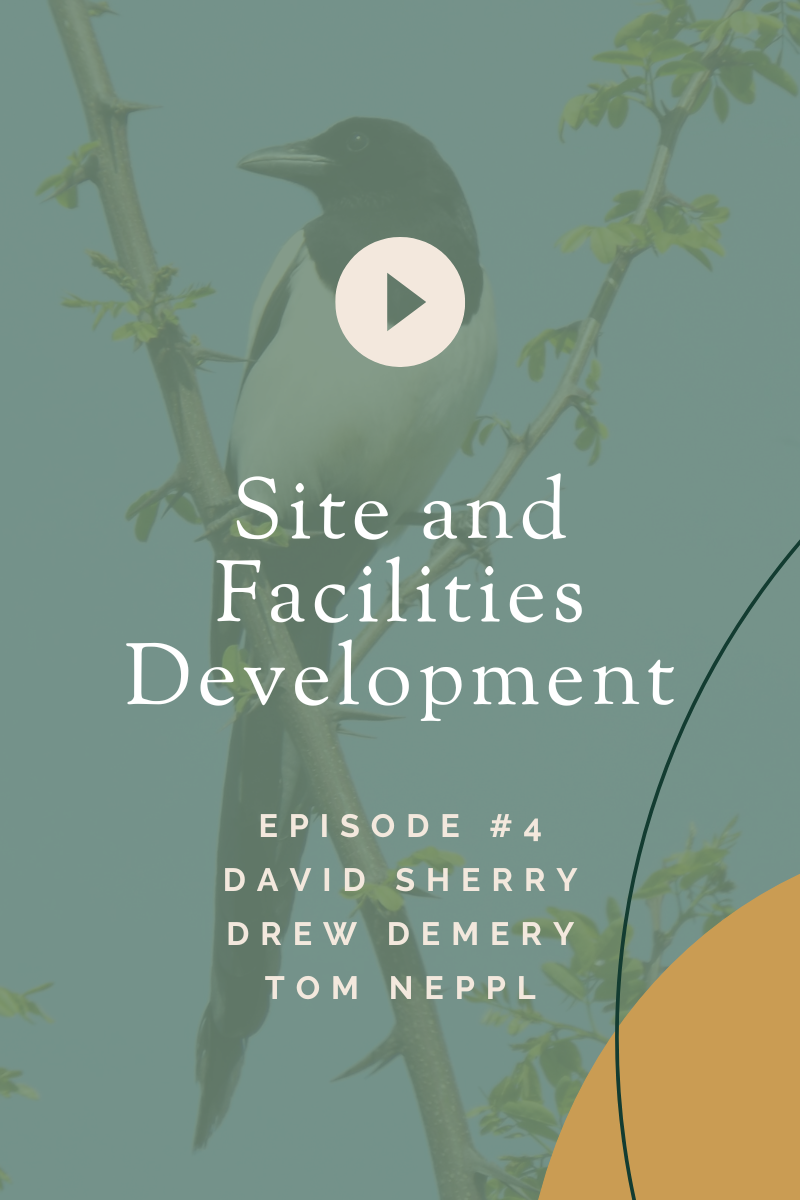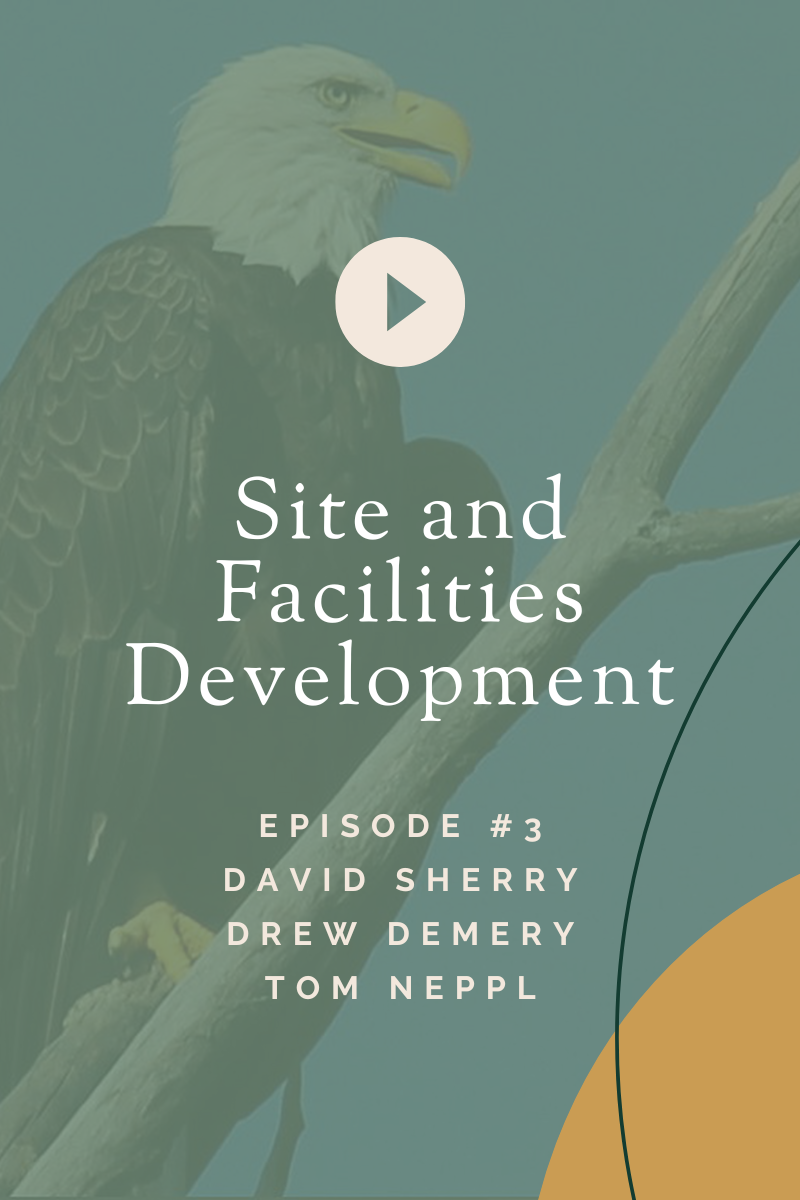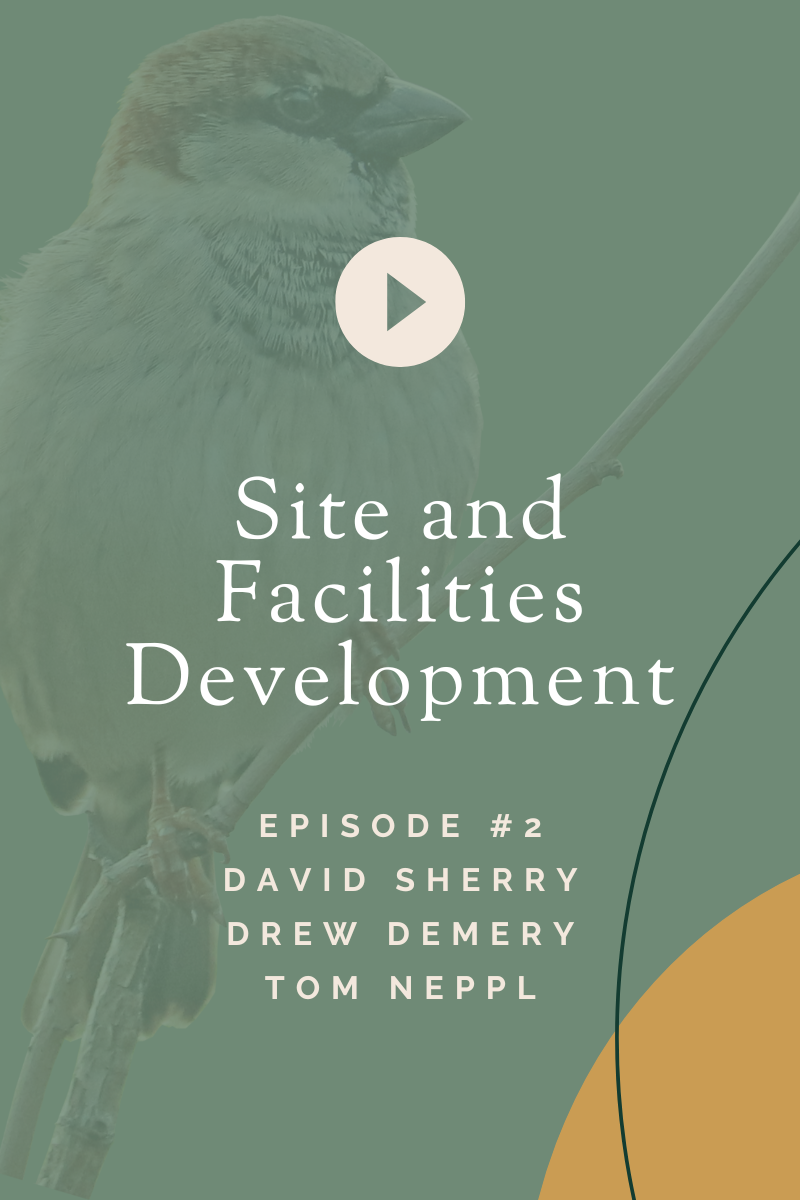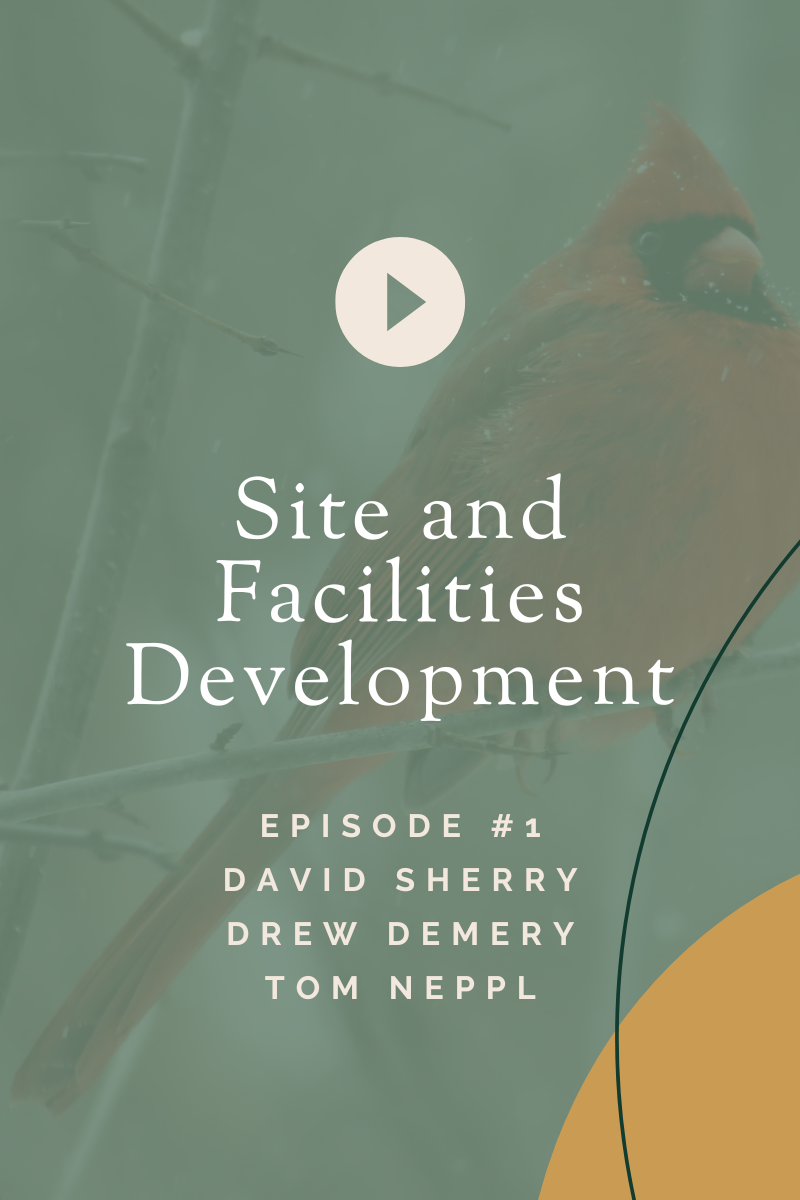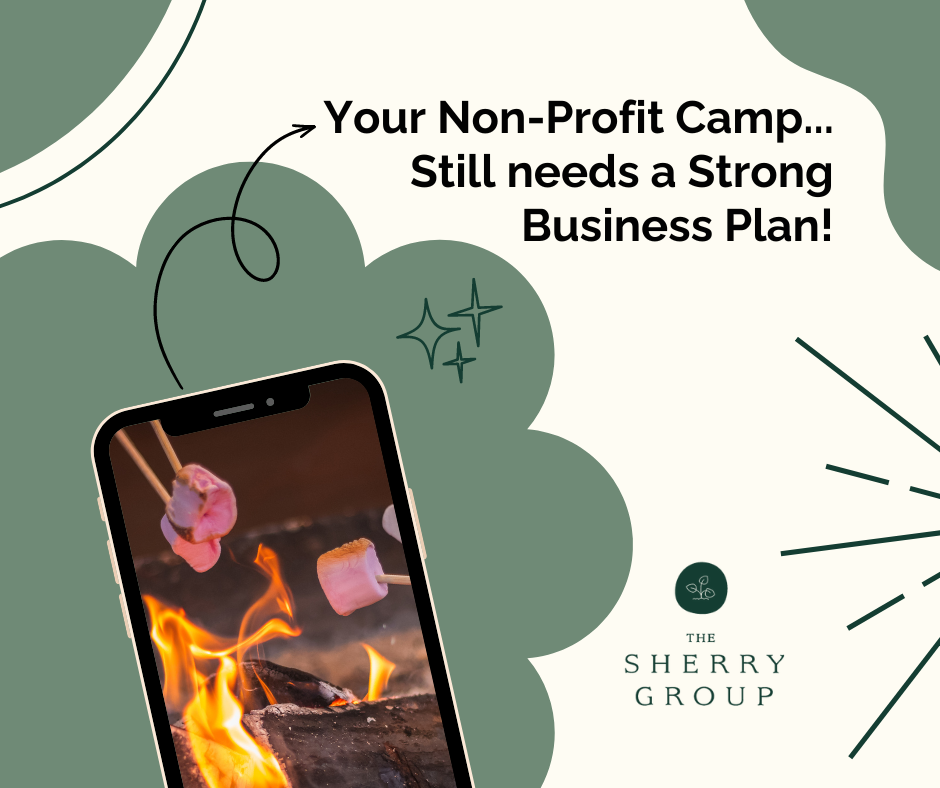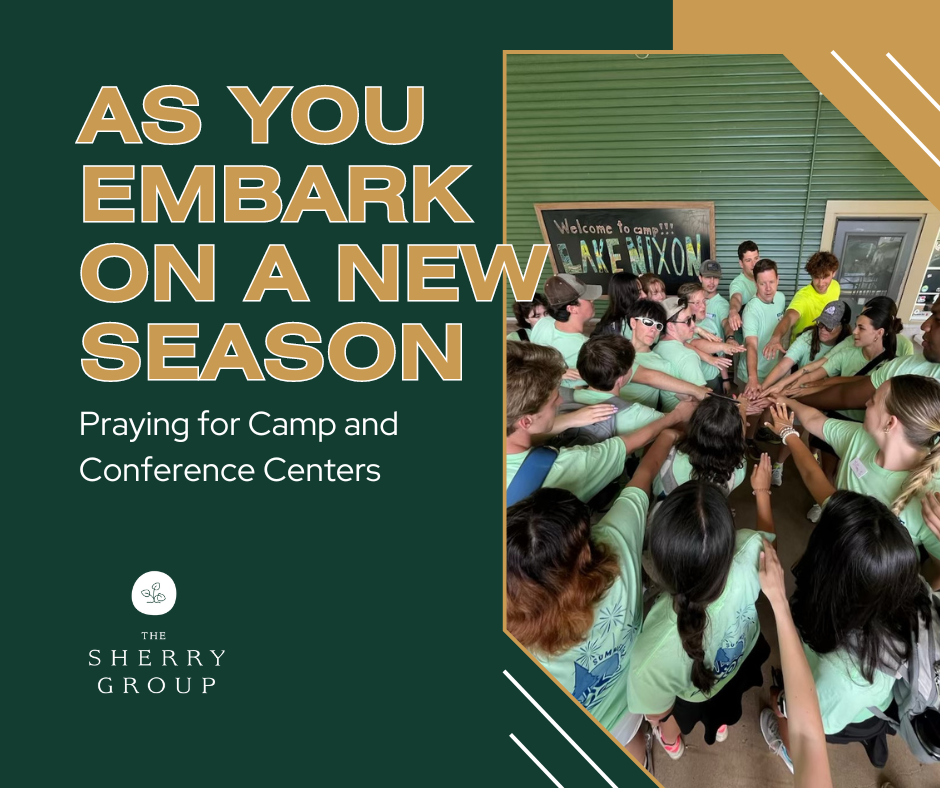In the workplace, there’s a time and a place for work and a time for relationship building
Consider the following; a supervisor has asked for a meeting at the end of the week with an employee to discuss a project they’ve been working on the past couple of weeks. The employee agrees, pulls together notes on their progress and how they plan to meet the objectives. They feel prepared. When the meeting comes, the supervisor says the following, “This looks good, but how are you? I’ve noticed you seem stressed. I appreciate the work you’ve been doing but it seems like you’re overwhelmed.” Sound familiar? What the employee thought was a meeting on a project now feels like a performance evaluation and worse still it sounds like they’re not doing well. Ouch.
So what happened? Was that a good meeting or bad? After all, the supervisor sounds like they care about the employee, which is nice because we all want to be shown compassion by those around us. However, the issue here is that the supervisor has blurred the lines between objective work related content to something far more personal and subjective. What’s worse, they most likely caught their employee off guard by their comments.
In the workplace, there’s a time and a place for work and a time for relationship building. They need not be the same thing. An evaluation of the work should not be an evaluation of the person, nor should it be the primary time for supervisors to connect with their staff on a personal level.
Every staff member is both a worker and a person, and it’s important that supervisors understand the following differences: Work is concerned with meeting objectives, tasks, schedules, team assignments, data collection and objective quantifiable results. People and the relationship building that we do with them is far more subjective, personal and measured qualitatively rather than quantitative.
Most supervisors understand that a happy employee is a productive employee and what better way to create a happy employee than by having strong, meaningful work relationships? The challenge though is how do we build strong relationships at work while remaining professional? How do we find enjoyment with those around us and within this culture we’ve committed to, while still meeting the deadlines and tasks assigned? Professionals can earn degrees, certificates and accolades in order to gain knowledge about objective information, but how do we get better at building relationships and creating a positive workplace? It’s quite simple actually; we practice with intentionality. As supervisors we can create small moments of positivity and connection as well as large moments, but none of these will happen unless you make it a priority. Let’s explore some small moments first.
By small moments I mean one-on-one interactions. These can be as simple as asking about a co-worker’s weekend, a special event that’s coming up in their life or an interest of theirs. These moments need to be free from distraction and focused on the person, not their work. It’s important that we look them in the eyes, put the technology away and give them our undivided attention. These moments need to be genuine. It’s okay to let your guard down a bit and talk about your own life as well and how it might relate to theirs. People often connect through vulnerability. We respect their effort to share personally, it almost always builds trust.
Let’s talk about large moments. These interactions are community focused and often have a social component. You might try hosting a staff luncheon, happy hour at the end of the day or a fun community service event like volunteering at a local non-profit. This is time for co-workers to build relationships organically with one another, but the stage needs to be set in order for them to do so. When planning these events remember that people like food, some kind of activity to keep them busy and should almost never be hosted after work hours. 40 hours a week is already enough “at work time” so please refrain from making employees stay longer, especially if they are not going to be paid for that added time. Also try to avoid too much public recognition for staff at these events, many people feel nervous about receiving praise in front of their peers at large gatherings. If a social moment is planned for after work hours make sure to cover all costs and invite family members.
Those are just a couple of examples of how we might practice relationship building at work, but it’s all for nothing if you aren’t intentionally doing them. For many supervisors it can be awkward to sit down and connect with staff one-on-one or plan a meaningful community moment that isn’t work related. The only way to break through that barrier though is to find the courage to be a better leader and simply try to make these moments happen regularly. In challenging moments, think “what would a great leader do in this situation” and do your best to meet that ideal. Your staff will appreciate it, you will feel like a better supervisor and undoubtedly your workplace will improve. Keep in mind that work isn’t just about work, but it’s also about the people we’ve chosen to surround ourselves with. Good luck.
~ Drew Demery
